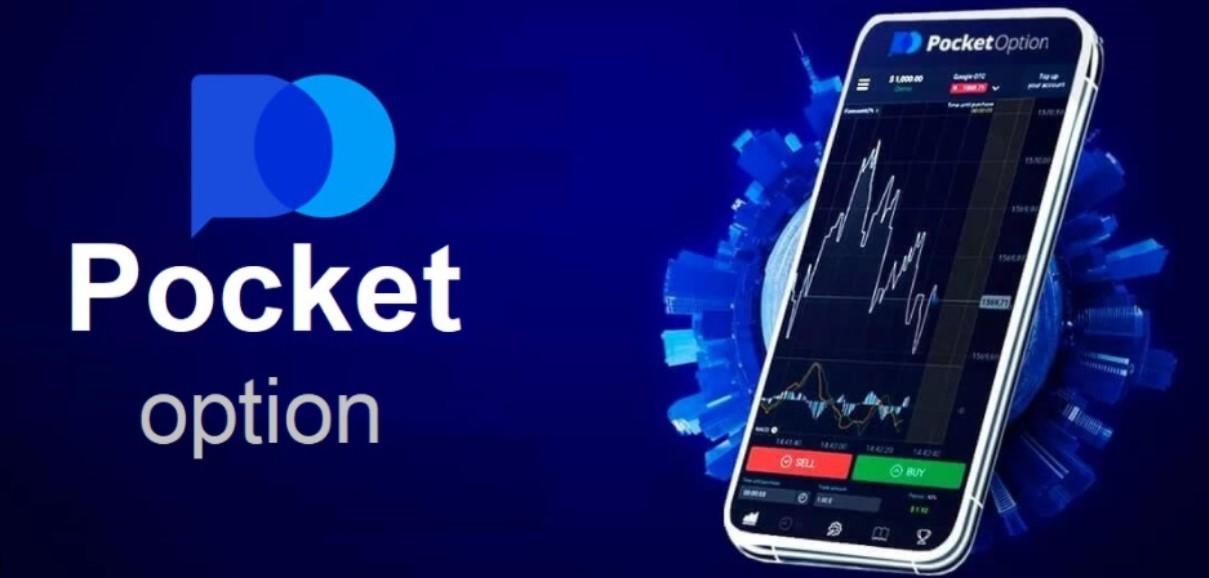
Pocket Option OTC and Exchange: A Comprehensive Guide
In the world of online trading, platforms like Pocket Option offer a wealth of opportunities for traders of all experience levels. Understanding the difference between OTC (Over-The-Counter) trading and exchange trading is crucial for maximizing your trading potential. For further insights, check out Pocket Option OTC and Exchange Hours Pocket Option Horario de los OTC y del Bolso. This article dives deep into both methods, equipping you with the knowledge to enhance your trading strategies.
What is OTC Trading?
Over-The-Counter (OTC) trading refers to transactions that occur directly between two parties without a centralized exchange. In this setting, trades are negotiated and executed privately, which can offer flexibility in the trading process. OTC trading is common in markets such as forex, commodities, and cryptocurrency, where traders can find opportunities outside of traditional exchanges.
Understanding Exchange Trading
In contrast, exchange trading involves buying and selling assets through a centralized marketplace. Exchanges provide a platform for traders to interact, ensuring liquidity and price transparency. Market orders, limit orders, and other trading strategies can be utilized on exchanges, making this method suitable for those who prefer a more regulated environment.
Key Differences Between OTC and Exchange Trading
When comparing OTC to exchange trading, there are several critical differences to consider:

- Market Structure: OTC trades are direct, while exchange trades occur in a structured environment with many participants.
- Liquidity: Exchanges typically offer more liquidity due to the volume of trades. OTC trading may have less liquidity, depending on the asset and participants involved.
- Regulation: Exchanges are often highly regulated, providing more security for traders. OTC trading can be less regulated, which may be a risk factor.
- Pricing: OTC trades can result in different pricing structures, as prices are negotiated directly between parties.
Advantages of OTC Trading
There are several advantages to engaging in OTC trading:
- Customization: Traders can tailor their deal structures to fit their specific needs.
- Privacy: OTC trades can be completed with a degree of anonymity.
- Flexible Execution: There is often less competition in OTC trades, allowing for more favorable terms in some cases.
Disadvantages of OTC Trading
However, OTC trading also has its disadvantages:
- Lack of Transparency: Prices and terms are not publicly displayed, making it harder to gauge market value.
- Counterparty Risk: Since these trades occur directly between parties, the risk of one party defaulting on the agreement is higher.
Advantages of Exchange Trading
Exchange trading comes with its set of advantages:
- Liquidity: Increased trading volume often leads to better pricing and quicker execution of trades.
- Regulatory Oversight: More protection for investors, as exchanges often implement strict rules.
- Access to Data: Traders have access to a wealth of data and analysis tools, enhancing decision-making.
Disadvantages of Exchange Trading

Nevertheless, there are disadvantages associated with exchange trading:
- Fees: Exchanges may charge higher fees compared to OTC trading.
- Market Competition: The presence of many traders can lead to slippage or unfavorable execution prices.
Choosing Between OTC and Exchange Trading
Deciding whether to engage in OTC or exchange trading depends on your personal trading strategy, risk tolerance, and the specific assets you wish to trade. Here are some tips:
- Evaluate Your Goals: Consider your financial goals and what you hope to achieve through trading.
- Research Target Assets: Certain assets may perform better in OTC markets while others are better suited for exchanges.
- Understand the Risks: Knowing the inherent risks associated with each method will help inform your decision.
Effective Trading Strategies
Whichever method you choose, implementing sound trading strategies is essential. Here are some effective strategies that can be applied to both OTC and exchange trading:
- Technical Analysis: Utilize charts and indicators to anticipate market movements and make informed trading decisions.
- Risk Management: Set stop-loss orders and diversify your portfolio to mitigate risks.
- Stay Informed: Keep up with market news and economic updates that could impact your trades.
Conclusion
Understanding the distinctions between Pocket Option OTC and Exchange can significantly enhance your trading experience. Each method has its advantages and disadvantages, and the best choice depends on individual objectives and preferences. By leveraging the knowledge shared in this article and employing effective trading strategies, you can navigate the trading landscape more successfully. Whether you opt for OTC or exchange trading, the key lies in continuous learning and adjusting your strategies to meet the ever-changing market conditions.
